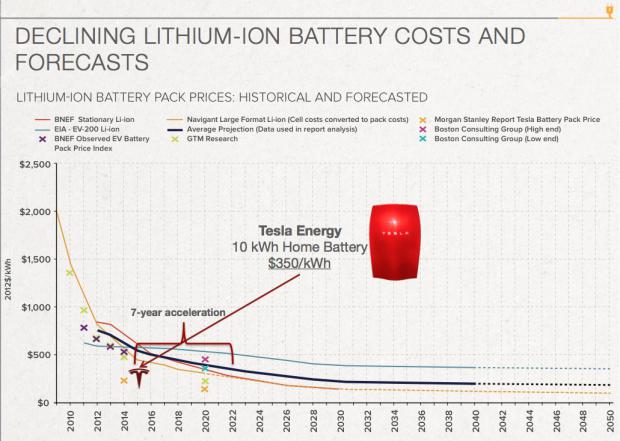
Breaking News
 Ranchers in Washington are challenging the state over a fundamental constitutional question...
Ranchers in Washington are challenging the state over a fundamental constitutional question...
 President Milei launched an account in English but it was suspended by X a few hours later.
President Milei launched an account in English but it was suspended by X a few hours later.
 The Trump Doctrine: "They Have It. We Want It. We Take It."
The Trump Doctrine: "They Have It. We Want It. We Take It."
 Event 201 Pandemic Exercise: Segment 4, Communications Discussion and Epilogue Video
Event 201 Pandemic Exercise: Segment 4, Communications Discussion and Epilogue Video
Top Tech News
 Superheat Unveils the H1: A Revolutionary Bitcoin-Mining Water Heater at CES 2026
Superheat Unveils the H1: A Revolutionary Bitcoin-Mining Water Heater at CES 2026
 World's most powerful hypergravity machine is 1,900X stronger than Earth
World's most powerful hypergravity machine is 1,900X stronger than Earth
 New battery idea gets lots of power out of unusual sulfur chemistry
New battery idea gets lots of power out of unusual sulfur chemistry
 Anti-Aging Drug Regrows Knee Cartilage in Major Breakthrough That Could End Knee Replacements
Anti-Aging Drug Regrows Knee Cartilage in Major Breakthrough That Could End Knee Replacements
 Scientists say recent advances in Quantum Entanglement...
Scientists say recent advances in Quantum Entanglement...
 Solid-State Batteries Are In 'Trailblazer' Mode. What's Holding Them Up?
Solid-State Batteries Are In 'Trailblazer' Mode. What's Holding Them Up?
 US Farmers Began Using Chemical Fertilizer After WW2. Comfrey Is a Natural Super Fertilizer
US Farmers Began Using Chemical Fertilizer After WW2. Comfrey Is a Natural Super Fertilizer
 Kawasaki's four-legged robot-horse vehicle is going into production
Kawasaki's four-legged robot-horse vehicle is going into production
 The First Production All-Solid-State Battery Is Here, And It Promises 5-Minute Charging
The First Production All-Solid-State Battery Is Here, And It Promises 5-Minute Charging
Tesla Leads The Way In Cheapest Battery Pack Costs

According to Bloomberg New Energy Finance (BNEF), Tesla and its lithium-ion battery partner Panasonic are the leaders in EV battery technology, especially in terms of costs of the cells and packs.
One of the reasons is low cobalt content in the cells (below 10% of cathode weight). Elon Musk said in June that the target for battery cell cost in 2018 is $100/kWh, and $100/kWh on the pack-level within two years.
In fact, Tesla already delivers the car with the cheapest cost per kWh in the form of the Model 3.
BNEF's research revealed that other suppliers offered cells for $120/kWh in 2017, but to reach $100/kWh on the pack-level is in general not expected for the industry until 2025.

 Storage doesn't get much cheaper than this
Storage doesn't get much cheaper than this

